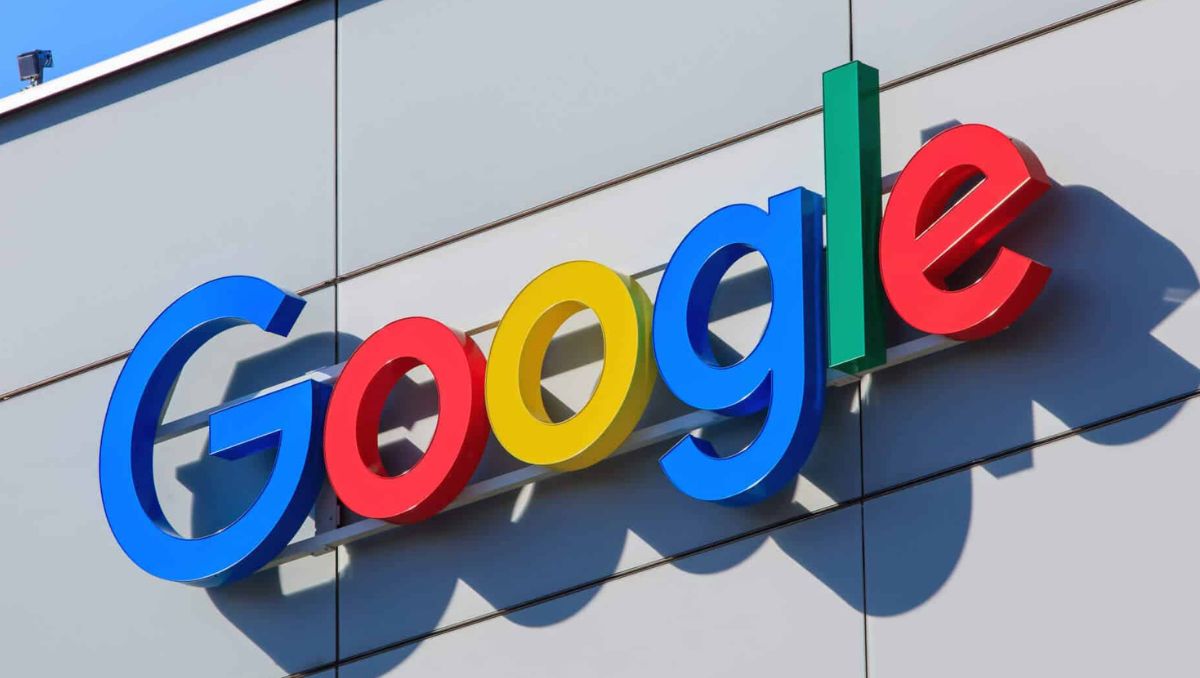Google Acknowledges Significant Payments to Samsung for Preinstalling Gemini on Smartphones

Google’s Payments to Samsung for Pre-Installing Gemini AI
Google has confirmed that it pays Samsung a significant amount of money each month as part of a deal to pre-install its Gemini AI application on Samsung smartphones. Peter Fitzgerald, who is the vice president of platforms and device partnerships at Google, disclosed that these financial arrangements started in January 2023. This is particularly noteworthy, given that Google has faced previous violations of antitrust laws.
Background of the Payment Arrangements
Fitzgerald explained that the agreement between Google and Samsung lasts for two years. The contract not only involves regular monthly payments but also includes a share of Google’s subscription revenue generated by the Gemini app. While the exact figures of these payments have not been made public, they are described as substantial. David Dahlquist, a lawyer for the Department of Justice (DOJ), confirmed that these figures are indeed significant, although neither Google nor the DOJ have provided detailed numbers.
Legal Scrutiny and Antitrust Concerns
The revelation about Google’s payments comes while the company is under scrutiny in ongoing legal proceedings. Judge Amit Mehta, who is overseeing the case, pointed out that such payments for pre-installing apps on Samsung devices could be a violation of existing antitrust laws. This has added more fuel to the fire regarding Google’s practices surrounding app installations and its hold on the market.
Previous Payments and Arrangements
Google has a well-documented history of making substantial payments to Samsung for pre-installing its applications. For example, it is reported that between 2020 and 2023, Google paid around $8 billion to ensure that key services like Google Play Store, Assistant, and Search were the default on Samsung devices. In a similar vein, Apple received $20 billion in 2022 from Google for being the default search engine in Safari. Such agreements have been a point of significant concern and scrutiny, as they raise questions about market fairness and competition.
Implications of DOJ Investigations
The Department of Justice has accused Google of employing tactics to build a monopoly that effectively eliminates competition. They claim that Google’s actions lock customers into its ecosystem and give it excessive control over online advertising transactions. Should the DOJ find sufficient evidence to succeed in its case against Google, it could lead to a ban on such default app deals. Moreover, Google might also be required to sell off its Chrome browser and permit the licensing of data that supports Google Search, which could dramatically alter its business operations and market dynamics.
Ongoing Developments in the Case
As the legal proceedings continue, all eyes are on the implications these practices may have for Google’s future operations. The situation remains fluid, and updates are expected as the DOJ pursues its investigation. Industry experts and market analysts are closely monitoring how these developments will impact not only Google but also the broader technology landscape.
This increasing focus on Google’s business practices serves as a critical reminder of the ongoing tensions between major tech companies, regulatory bodies, and concerns related to fair competition in the digital space. As investigations evolve, the potential ramifications for both Google and other tech giants could be significant, reshaping how apps are installed and how companies compete in an increasingly crowded marketplace.






